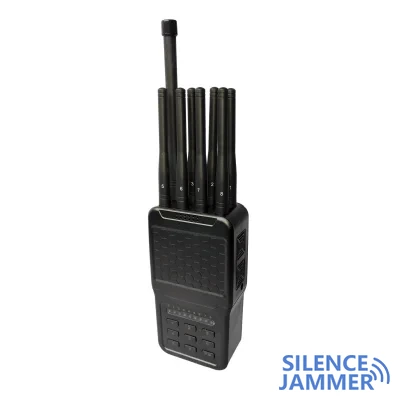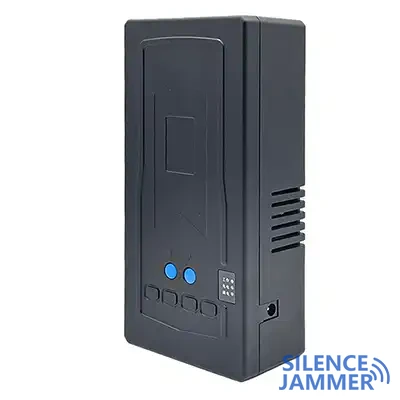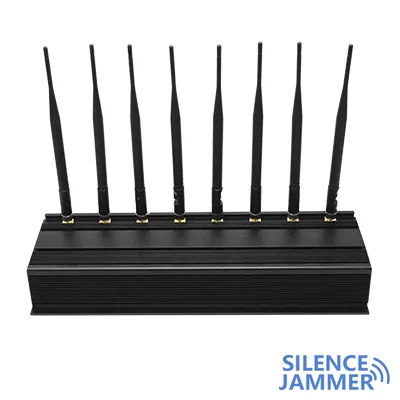Multiple Applications of Signal Jammer devices and Their Role on the Modern Battlefield
In recent years, signal jamming devices have been widely used in a variety of places to create "quiet zones" to avoid unnecessary communication interference. These devices are used in vehicles, schools, theaters, and restaurants to maintain the tranquility of the environment by blocking the propagation of mobile phone, GPS, and other signals. Signal jammer devices appear in many forms, such as cell phone jammers, signal blockers, GPS jammers, and SMS blockers, but their basic function is the same, that is, to interfere with and block communication signals.

Challenges and Responses in Military Applications
In the military field, the role of signal jammers is even more complex and important. Manufacturers of precision-guided bombs can no longer assume that simple GPS guidance systems will work properly in all situations. With the emergence of cell phone signal jammers and spoofing devices on the battlefield, the military and its industrial partners must develop various countermeasures to ensure that the bombs can accurately hit the target. These include redundant targeting systems, such as laser guidance systems and camera-assisted navigation systems, to increase the accuracy of strikes.
GSM jammer devices work by broadcasting enough noise to disable GPS receivers that rely on signals from distant satellites, thereby losing actual GPS signals. If a precision-guided bomb loses signal lock before hitting its target, the consequences can be severe. While military GPS systems are more resilient than commercial systems, they are not completely immune to particularly powerful jammers.

Popularity and impact of civilian equipment
Fifteen years ago, jammer devices were expensive devices used primarily by governments and countries. But with the development of cheap and reliable consumer electronics such as Wi-Fi routers and smartphones, low-cost, low-power jammers have become ubiquitous. This change has not only expanded the use of signal jammers, but also increased their risk in civilian and illegal activities.
North Korea has been accused of using vehicle-mounted systems for GPS jamming that can outpace signals from tracking satellites, and South Korea has difficulty determining the location of these jammers because they move after about 10 minutes of each operation. This tactic increases the difficulty of tracking and locating jammers, highlighting the complexity of jammers on the modern battlefield.

Strategies for the future
Faced with the challenges posed by signal jammer devices, the military and manufacturers are constantly improving technology to deal with various potential threats. This includes developing more anti-jamming systems and researching new navigation and positioning technologies. The U.S. and other countries' militaries are actively studying how to maintain their advantages in electromagnetic spectrum warfare, as future wars will increasingly rely on electronic and information technology.
For example, Admiral Michael Manazir, the U.S. Navy's chief of air warfare, pointed out that "the next war will be fought in the electromagnetic spectrum." This shows that signal jammers not only play an important role in current military conflicts, but will also become a key factor in future electronic warfare.


